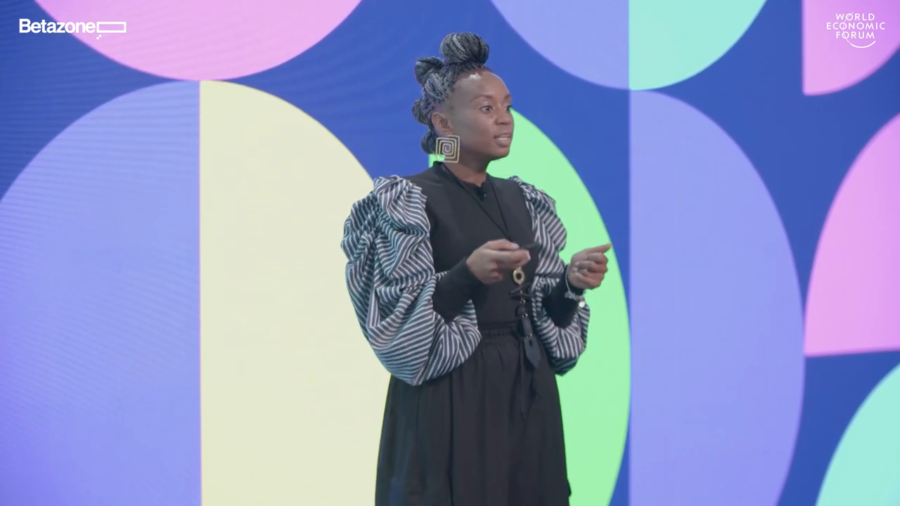When the film was banned, I was really, really, really surprised. And what surprised me the most about the ban was the reason the Kenya Film Classification Board gave. They gave the reason that the film was not remorseful enough. They said that if I change the ending of the film and make it more remorseful, then they would give me a rating. Because they didn’t like the idea of legitimizing, or normalizing, the LGBT community in Kenya. Which was ridiculous.
Archive (Page 1 of 7)
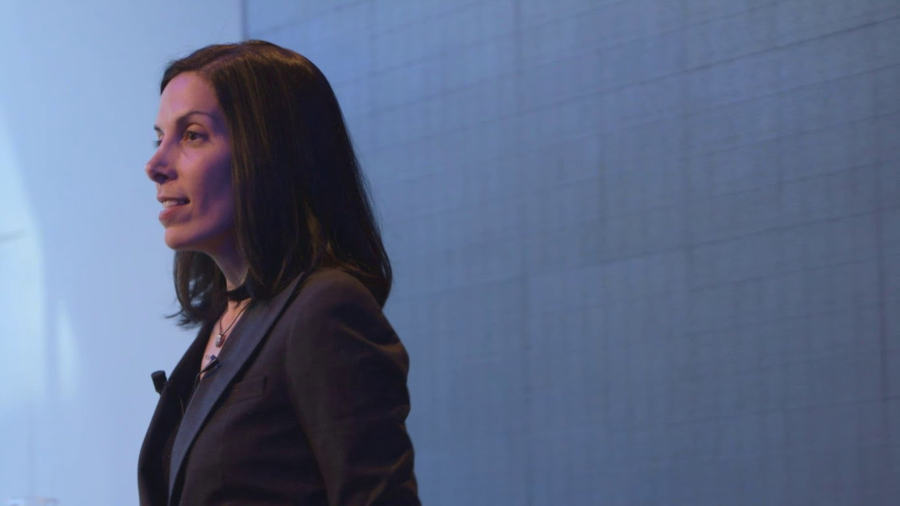
We as a society have to decide whether or not the ability to access and change our brains is something that we want, that we’re going to embrace, or something that we’re going to put limits on.
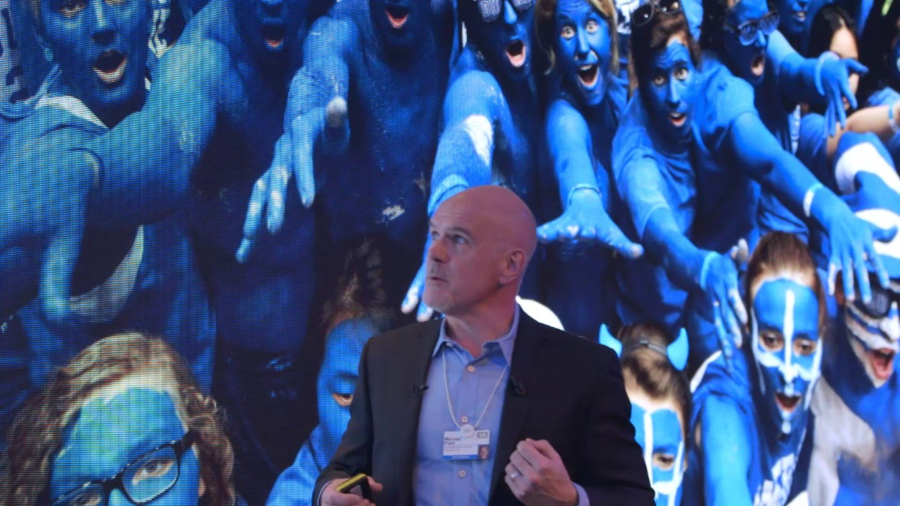
It’s wonderful to be here in Davos sharing our commitment to improving the state of the world. And the recipe is really I think quite simple. All you’ve got to do is grow the economy, increase participation in that economy, within a rapidly-changing world, with increasing automation and technology, on a planet that’s straining to meet our resource needs. Piece of cake, right?
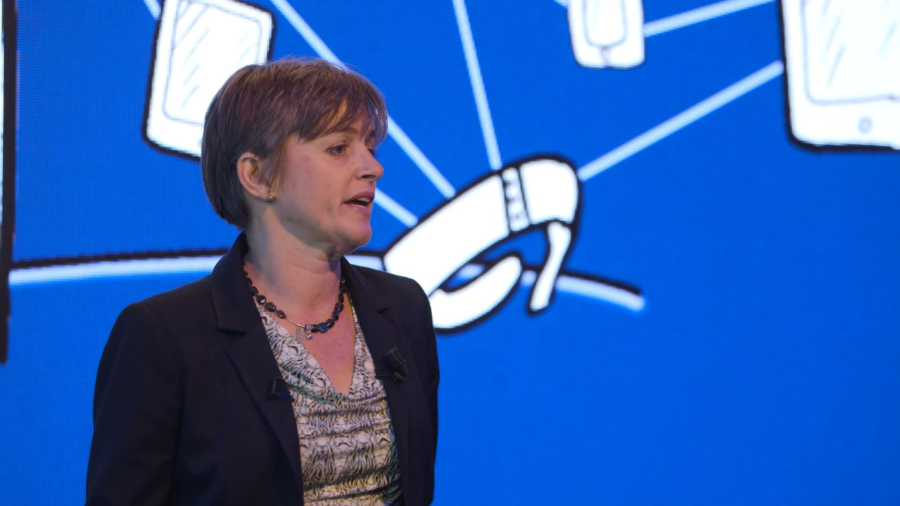
Why don’t we quantify the brain? What I want to argue today is that we need a shift from diagnosis and treatment, to wellness and prevention. And that we have the data to do it.
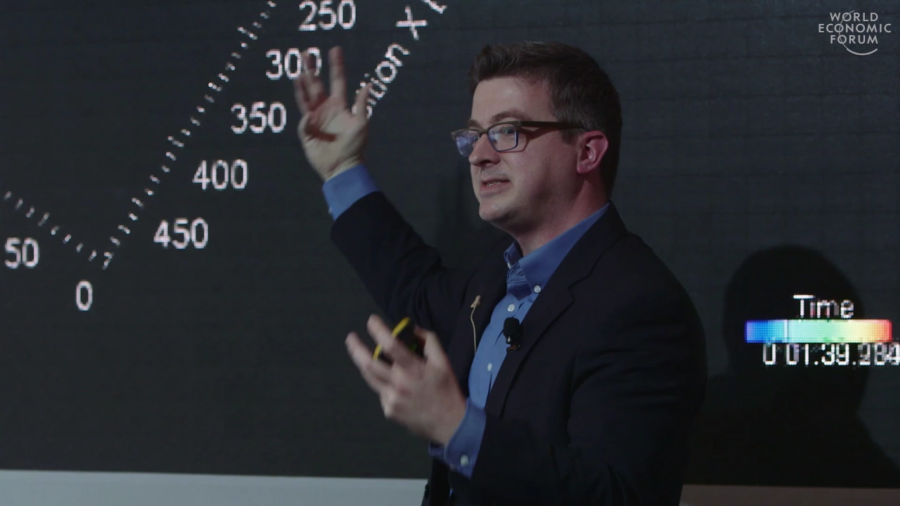
The goal of MICrONS is threefold. One is they asked us to go and measure the activity in a living brain while an animal actually learns to do something, and watch how that activity changes. Two, to take that brain out and map exhaustively the “wiring diagram” of every neuron connecting to every other neuron in that animal’s brain in the particular region. And then third, to use those two pieces of information to build better machine learning. So let it never be said that IARPA is unambitious.
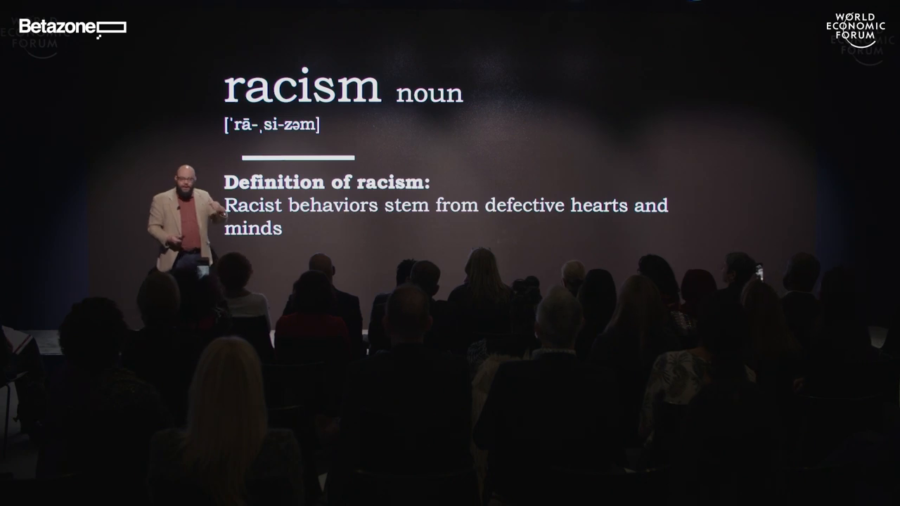
I want to talk to you just a little bit about how the science of racism, how racism actually functions, can bring a little bit of hope to these difficult issues, without even needing to be especially political. And better than that, how the science of racism can lead to some actionable solutions to these seemingly impossible problems.
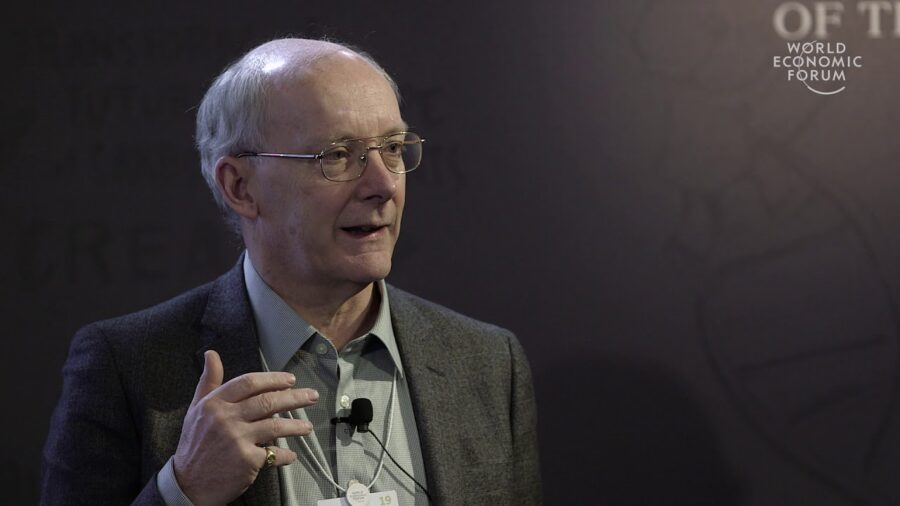
The most extraordinary thing that’s happened in my adult intellectual lifespan is a demographic transition. The fact that human population fertility will reduce itself naturally in a non-coercive way if we get things right.
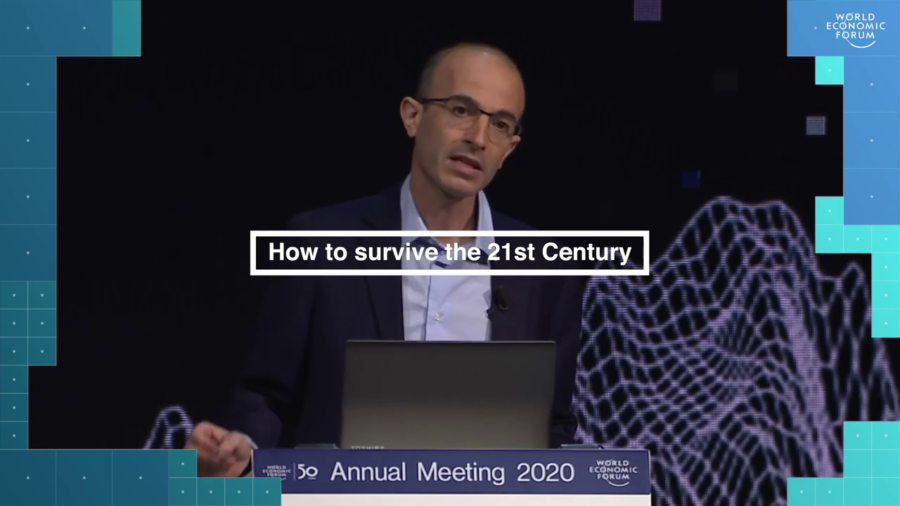
Of all the different issues we face, three problems pose existential challenges to our species. These three existential challenges are nuclear war, ecological collapse, and technological disruption. We should focus on them.

One year ago I came to Davos and told you that our house is on fire. I said I wanted you to panic. I’ve been warned that telling people to panic about the climate crisis is a very dangerous thing to do. But don’t worry, it’s fine. Trust me, I’ve done this before and I can assure you it doesn’t lead to anything.
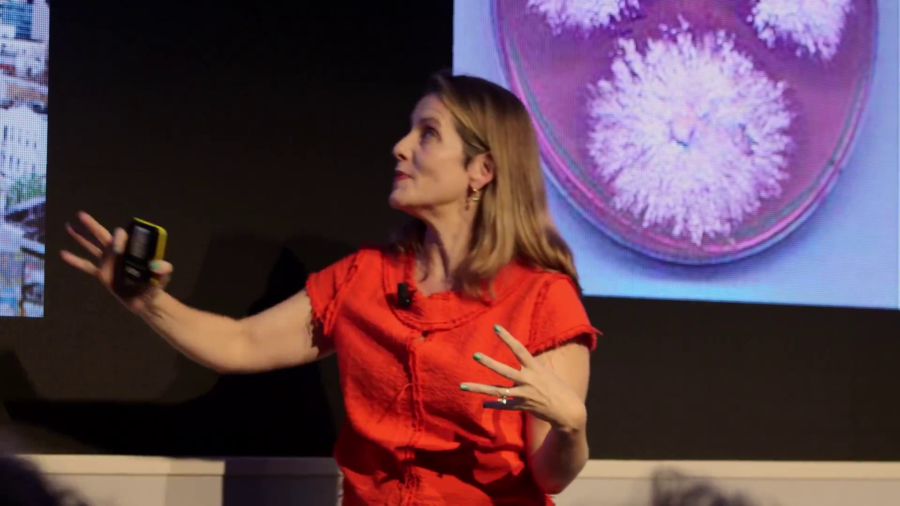
I’m here to talk about digital culture, but a strange, very interesting aspect of it: how close it has brought us to nature. How much it has brought us closer to the dream, to the Holy Grail of all designers and architects and engineers and you name it, to do it like nature does because nature does it best.

